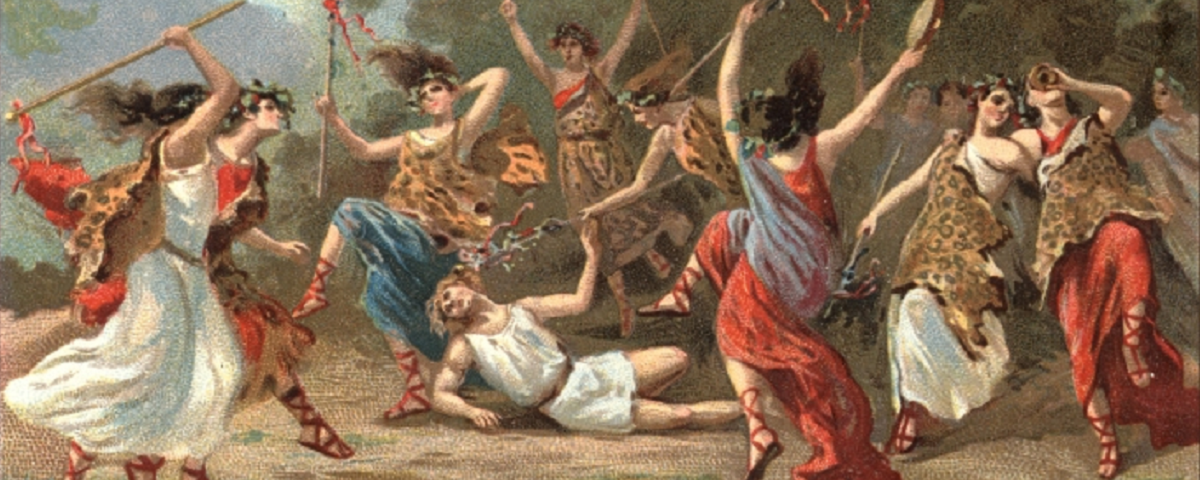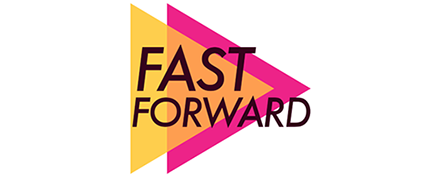

Twelve weeks ago, Claire Boucher Instagrammed the “paperwork” for Art Angels, her new album as (stage name) Grimes. Of the 13 songs listed, Boucher was billed as engineer and producer for every single track. What the form didn’t show was that she also taught herself how to play violin, drums, keys, guitar, and ukulele for the record, whose only other participants were guest vocalists Aristophanes and Janelle Monáe, and Spike Stent, who mixed the album. The pointed move recalled Björk’s now-canonical interview with Pitchfork earlier this year–most obviously the part where she talked about her fellow, male co-producers getting credit for her genius, but also her comments about the cosmic scope of Biophilia. “Maybe that was a strange, personal job between me and myself, to show how overreaching I was being as a woman,” she said, going on to call the record “my own personal slapstick joke, showing I had to reach so long–between solar systems–to connect everything.”
Boucher took on every possible role to refute those challenges to her authorship that sideline her as a girly voice, buoyed by some imagined shadowy male cabal. Her creative control is only to be celebrated, although there’s a sad necessity to it, too. She knew that the presence of a single man making even a menial contribution could undermine her autonomy, thanks to the established tropes of the male genius and female ingenue that the media still peddles. You can interpret Art Angels as an exercise in seeing “what happens when there are no boys in the room,” as Robyn described during her utopian, teen-girl tech conference, Tekla, in April.
The successes of female, gender-fluid, trans, and non-binary musicians in 2015 are legion–through the levels of grassroots DIY right up to machine-tooled corporate pop. It would, of course, be delusional to claim that these artists are at a point of total market and cultural domination. Taylor Swift’s public censure against Apple–whether authentic or contrived–may be as valuable a marketing tool to the company as an effusive endorsement, but the bargaining power of pop’s supergirl one-percent (nor Katy Perry being named Forbes’s highest music earner of 2015) does not trickle down. If these disparate successes add up to anything concrete, it’s that 2015 made very clear that “boys” are no longer the only people in music’s room; that any attempt to define men as the primary consumers and creators of music will be swiftly, rudely rebutted by the growing volume of women and other marginalized genders’ voices, in order to establish a more just and inclusive industry.
Beats co-founder Jimmy Iovine discovered this in no uncertain terms in November, when he suggested to CBS’s This Morning that women need help finding music to soundtrack their boy problems. “I always knew that women find it very difficult at times–some women–to find music,” he said. “And this helps make it easier with playlists, curated by real people.” The backlash was swift, and full of righteous mocking. A day later, he had issued an apology: “Our new ad focuses on women, which is why I answered the way I did, but of course the same applies equally for men. I could have chosen my words better, and I apologize.” Condé Nast buying Pitchfork in October was overshadowed by Condé Chief Digital Officer Fred Santarpia’s poor choice of words about the acquisition. This was the publishing company’s chance to bring “a very passionate audience of millennial males into our roster,” he told The New York Times. The aghast online response again led to a quick correction: Pitchfork founder Ryan Schreiber tweeted: “Women are a huge part of Pitchfork‘s staff and readership. We’re totally about reaching all music fans everywhere.” (Disclaimer: I’m a contributing editor at Pitchfork.)
Also in November, a new advertising campaign for Harmon/Kardon headphones circulated online, their noise-canceling properties illustrated by an image of any number of famous male acts’ names inside the earpieces, and a related woman’s name floating outside their reach. Kurt in the middle, blocking out shrill, crazy Courtney. John, Paul, Ringo, and George in your ears, protected from that meddling killjoy Yoko, the tone deaf ads seemed to say. In response to the tweet that brought the ads to public attention, Harmon/Kardon announced it was pulling the campaign. “You’re right,” it tweeted. “These ads don’t live up to our standards or reflect our values. We’ve requested that they be removed in the local market [where] they are running.”
The most powerful letting of women’s voices in 2015 came not in response to an affront but a simple invitation to be heard. “Gals/other marginalized folks: what was your first brush (in music industry, journalism, scene) w/ idea that you didn’t “‘count’?” tweeted Jessica Hopper in late August. As of going to press, the question had been retweeted 363 times, liked 553 times, and garnered too many responses to count–about being disregarded, undermined, insulted, groped, assaulted, raped. It was depressing to find that male industry peers and professionals were surprised by the accounts and their volume. It was, however, a relief to finally take these conversations outside of the safe spaces women have created to share their experiences, contacts, and advice: the many vital listservs, Slack channels, and secret Facebook groups where known industry professionals post alongside newcomers.
Björk’s Pitchfork interview inspired another such crowdsourced project aimed at increasing visibility. She recalled how M.I.A. had complained to her about men being credited for her work, so she told her to share pictures of herself standing in front of a mixing desk. “And people will go, “‘Oh, OK! A woman with a tool, like a man with a guitar,” she said. A Tumblr account appeared, compiling photographs of women artists from around the world posing with their studio equipment. It turned out to be the work of Female Pressure, a feminist activist group founded in 1998. The Tumblr has since developed into a directory of women in every aspect of the music industry, from musicians to attorneys to ventriloquists, invalidating any claims made by the likes of festival bookers and magazine editors that “there just aren’t any women out there.”
There’s a similar grassroots movement afoot aimed at making gigs more welcoming places for women and other more marginal groups, thanks to the effort of several DIY, female, and queer-led organizations. Good Night Out grew out of the Hollaback network in 2013 and offers training for venue staff, security, and management on how to prevent harassment in their establishments. Girls Against is a campaign led by a group of teenage girls who were spurred to action after one of them was repeatedly groped at a Peace gig in Glasgow. Peace itself was quick to lend support, as were Slaves, Hinds, Circa Waves, and more; the campaign has gained national traction.
Seventeen-year-old Jessy McCabe struck another important victory this year when she challenged exam board Edexcel over its all-male, A-level music syllabus. Her protests were heard: The board added Clara Schumann, Kate Bush, Rachel Portman, Kaija Saariaho, and Anoushka Shankar to its roster. The real-world ramifications are potent: Evening out history in this way–as with the recent increase in music memoirs written by women–challenges ideas of men as the most important creators, and encourages young women and other marginalized groups by letting them see themselves on stage, in the studio, worthy of being remembered by history.
When Billboard gave Missy Elliott the Innovator trophy at its Women in Music awards last month, she affirmed the power of visibility. “I stand here for all the women who been told you don’t fit the mould. Look at me, I’m here.” Visibility is a snowball: BBC Radio 3 is making a concerted push to feature more female composers on its playlist. Jody Gerson became chairman and CEO of Universal Music Publishing Group–the first woman to ever hold such a title in the industry. Rihanna’s Anti- was one of the biggest albums of 2015 and she didn’t even release it. Emily Lazar was the first female mastering engineer to be recognized by the Grammys–when Sia’s 1000 Forms of Fear was nominated for Album of the Year–and went on to master Coldplay’s Head Full of Stars. Annie Mac replaced Zane Lowe on BBC Radio 1. The combined impact of these achievements is huge.
There is, of course, still acres more ground to conquer: Sexism remains endemic at every level of the industry, cruelly intersecting with and exacerbating other endemic forms of prejudice. MTV denies black artists like Nicki Minaj the awards they readily dole out to thin white women. This industry incubates sexists, racists, homophobes, and transphobes, even after they’ve been called out for inexcusable behavior. Grimes may control every note of her music, and even country soap opera Nashville has female producers and sound technician characters, but women and other non-male artists don’t yet control the means of production due to a studio culture that favors men. While change is happening, powerful men need to help make it happen faster. It’s thrilling to see what occurs when there are no boys in the room, but their collaboration is necessary to ensure a fairer industry for all. Any artist, organization, or company that ventures into 2016 with a male-centric agenda will find itself on the wrong side of history.


How We Get To Next was a magazine that explored the future of science, technology, and culture from 2014 to 2019. This article is part of our Fast Forward section, which examines the relationship between music and innovation. Click the logo to read more.
